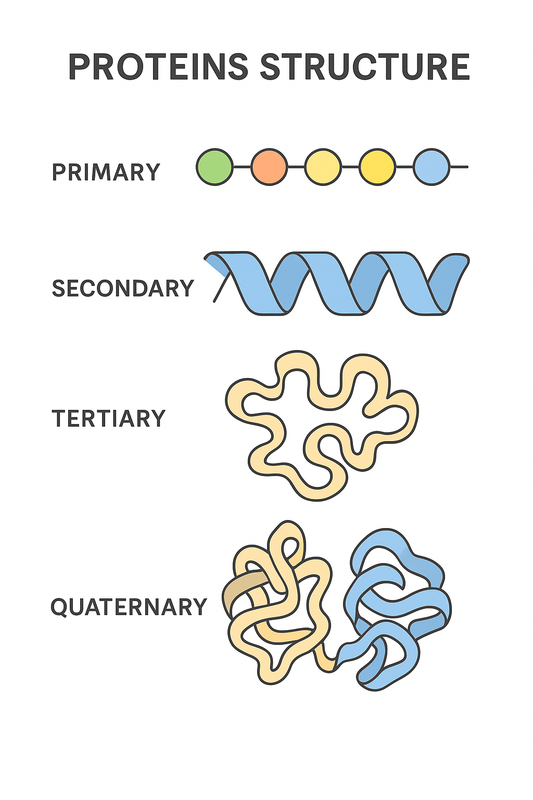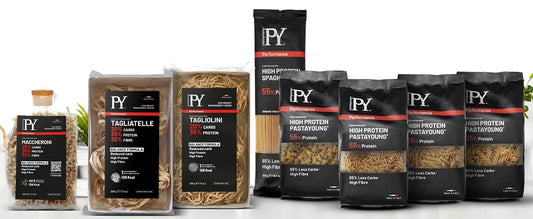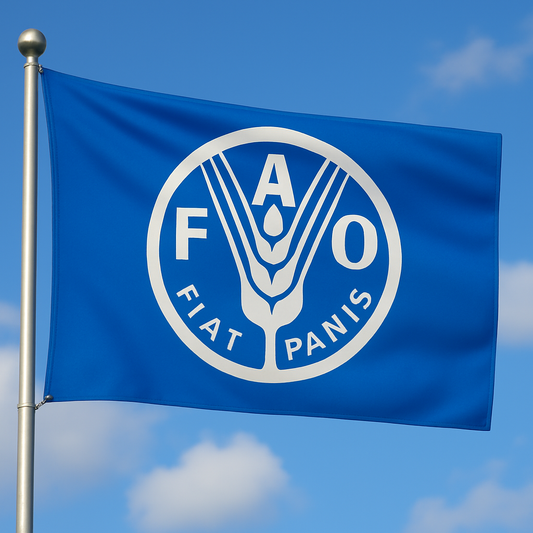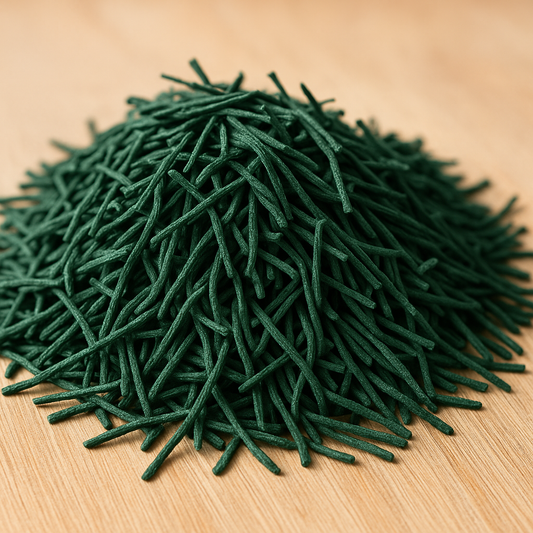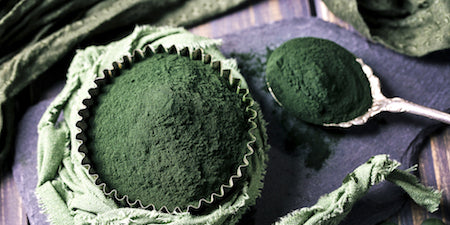
Discovering the edible algae
Share
Algae are marine or freshwater vegetal organisms whose presence far exceeds that of terrestrial vegetals, used as dietary supplements, drugs, cosmetics or fertilizers, in some cases from 3000 BC.
The algae, rich in potassium, nitrogen, phosphorus but also many vitamins and proteins, could be divided into three large groups:
red algae rich in pigments that allow the absorption of light at great depths
brown algae rich in fucoxanthin (a rich pigment of iodine) that gives it the yellow-brown color
green algae that are mostly unicellular or combined in colonies, including the very common Mediterranean sea lettuce.

Let's see some:
Fucus vesiculosus: brown algae also known as Kelp algae, living in moderate or arctic areas. Already known by the Greeks as a cure for snake bites and for thyroid disorders. Today it is mostly used in weight control supplements, thanks to its ability to stimulate the thyroid that regulates basal metabolism. Rich in vitamins A, B1, B2, C, D, E, proteins and carotenoids.
Klamath alga: sea algae which is mainly collected from Lake Klamath in Oregon. It is one of the most nutritious algae. It is rich in vitamins, proteins, mineral salts, carbohydrates, lipids and enzymes. For this reasons it is used in anti-fatigue and anti-aging supplements (due to the presence of antioxidants).
Kombu alga: it's a Japanese brown alga. Like all brown algae, it stimulates the metabolism. But the presence of draining and purifying substances makes it an ingredient in preparations to stimulate the immune system, as well as in those for pressure control and liquids drainage.
Nori algae: Japanese red algae used in sushi preparatios. Rich in vitamins A, C and D, mineral salts and omega 3. It also finds use in cosmetic products to treat eczema.
Wakame alga: brown alga that represents a major nutritional source in Japan and South East Asia. It is rich in vitamins and essential amino acids such as tryptophan, so it is sold in the West as a dietary supplement.
Spirulina algae: freshwater algae of subtropical areas with the typical spiral shape that gives it the name. Local people use it to make bread and other preparations. Rich in vegetal and mineral proteins, it's used as a supplement for the immune system and against osteoporosis.
Soon you'll find algae-products on our shop!

